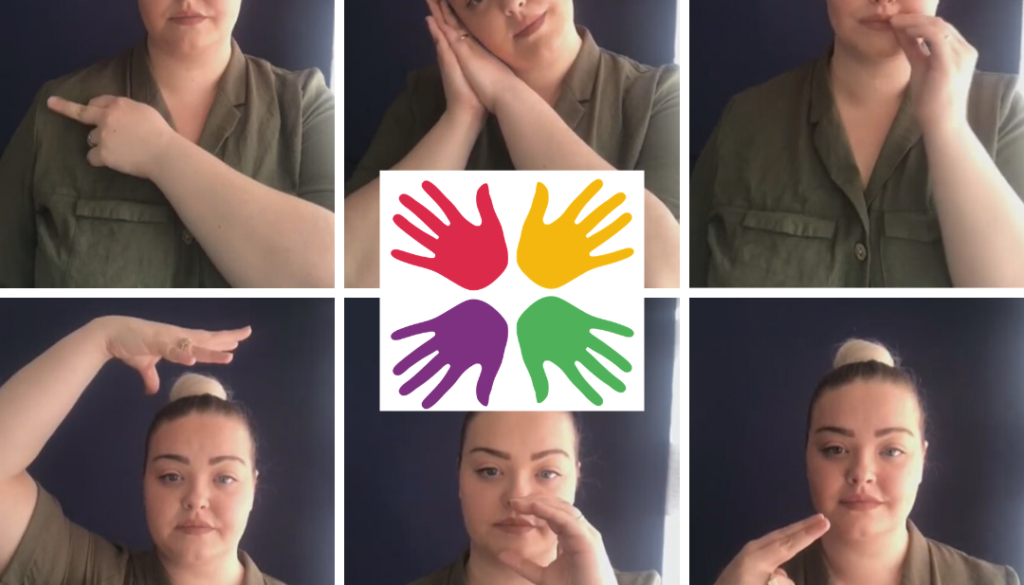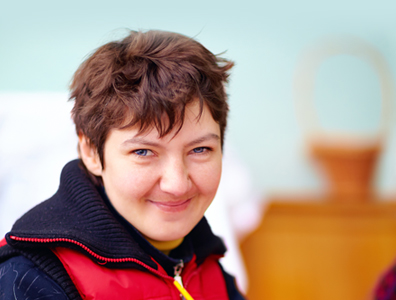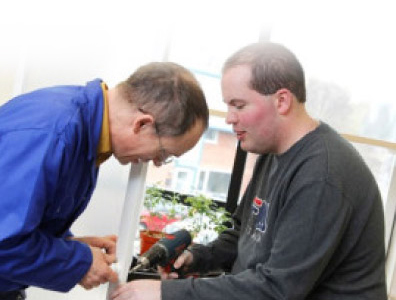Opening Communication Channels
Most of us are very lucky; we can talk and express ourselves.
However, it is not always this way. If you have had children, then you will know that before they talk, they will use gestures to tell parents or carers what they want. Gradually these gestures are replaced with words often accompanied with hand movements, facial expressions, eye contact and with time, body postures and movements—the tools of non-written communication.
Communicate is an essential life skill. Almost everything we do requires communication. Everyday tasks like learning, asking for food and drink, sorting out challenges and problems, making friends and having fun, these all require the vital skill of communication.
Unfortunately, for some of us, communication is a challenge. Not being understood leads to frustration and anger. People who experience this challenge can learn Makaton.
Makaton uses speech with signs (gestures) and symbols (pictures) to help people communicate. Research has shown that signs and gestures are easier to learn than spoken words.
Combining these signs and symbols with facial expressions, eye contact and body language helps to take away some of the frustration and challenges of communication. It supports the development of essential communication skills such as attention and listening, comprehension, memory, recall and organisation of language and expression.
In Makaton, signs are used, with speech, in spoken word order helping to provide extra clues about what someone is saying. Using signs can help people who have no speech or are struggling to express themselves. Using symbols can help people who have limited speech and those who cannot or prefer not to sign.
This multi-modal approach to communicating, where one mode facilitates another, has been shown to increase opportunities for personal expression and development, participation in interaction and socialisation and to increase access to education, training, and public information.
To help with the learning process, we use Makaton here at Skills Tank, part of the Care First Group, to help adults with learning difficulties/disabilities, autism, and mental health. One of our Skills Tank Hub Managers, Emily Hobday, has filmed this short introduction video to help anyone who is struggling to communicate in these challenging times.
You can find her video here: https://www.youtube.com/watch?v=qX3RjhtXHlk




